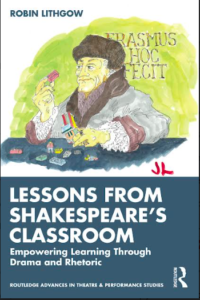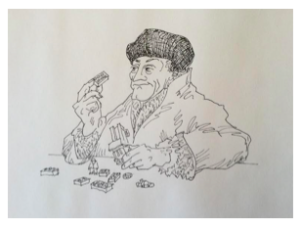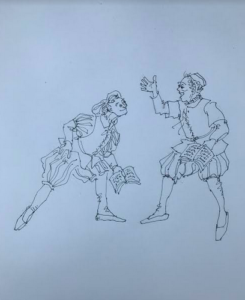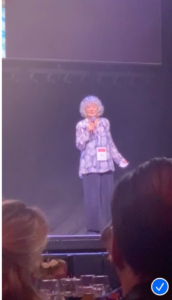
My LACHSA Moment
Saturday night my brother John Lithgow and I were joint honorees at the Los Angeles County High School for the Arts (LACHSA). It was a siblings event! John was being honored for his PBS film Art Happens Here, in which he participates as an equal with students in art classes in vocal ensemble, ceramics, silk screen, and dance. My favorite quote from the film is, “I just think JOY has got to be a part of education,” a sentiment with which I heartily agree! It’s a delightful film. If you haven’t seen it you can link to it here.
John’s wonderful acceptance speech had to be piped into to the event from Amsterdam, where he is currently on location, but you can link to it here:
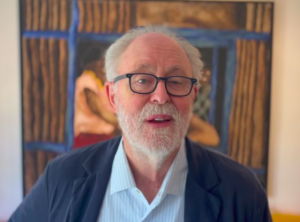
John Lithgow, my Brother and Fellow Honoree
I was present to receive the award. It was given for my role as one of the original architects of the Los Angeles Unified School District’s Elementary Arts Program, which sends teachers of dance, music, theatre, and visual arts into all 535 elementary schools, and for my book, “Lessons From Shakespeare’s Classroom: Empowering Learning Through Drama and Rhetoric.”
I was thrilled to get the award, but, as I said in my acceptance speech, it is one that should be shared by arts educators everywhere. If the world can be saved in these dangerous times, they will be the ones to save it.
I’m so grateful to my brother-in-law, Joel Rudnick, for having the presence of mind to film my speech on his phone! I didn’t think of that, but I’m so glad he did. I have it here to share:
My hope, which John echoes in his own words, has always been that my book will inspire educators to include the arts in all aspects of education, for all ages. If you agree and would like ammunition to present to educational policy-makers, you can order my book from Routledge> and share it with your peers.
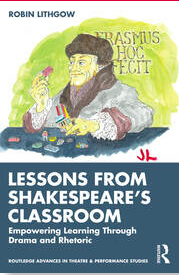
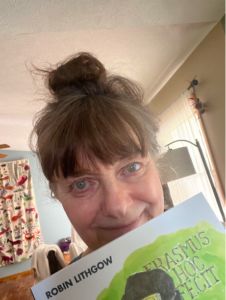 Kate Zoeger is loving my book! Here’s what she has to say:
Kate Zoeger is loving my book! Here’s what she has to say: